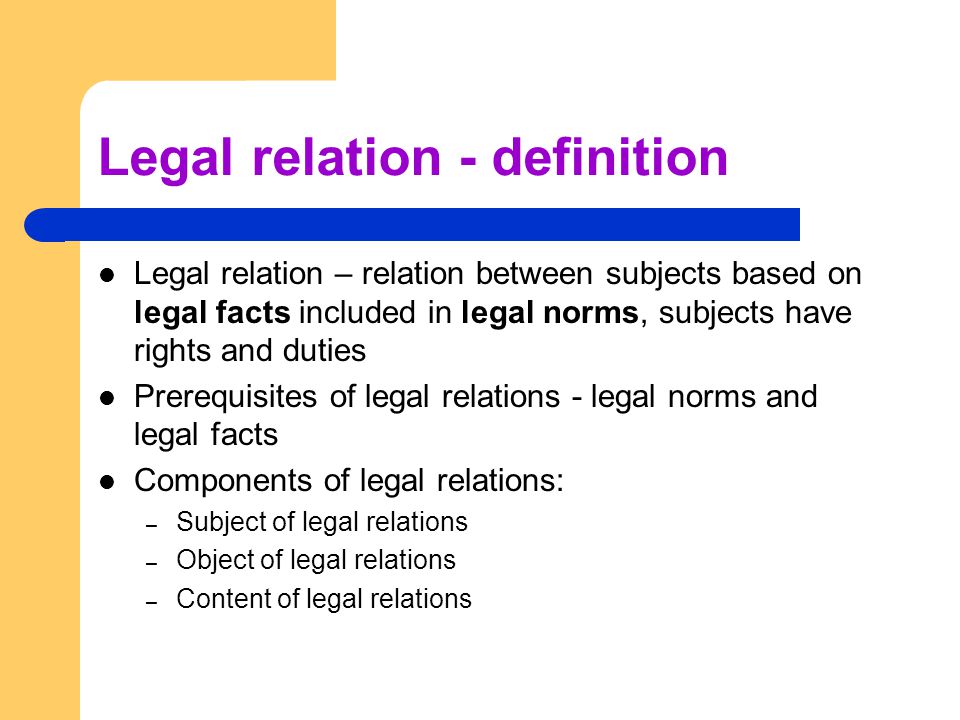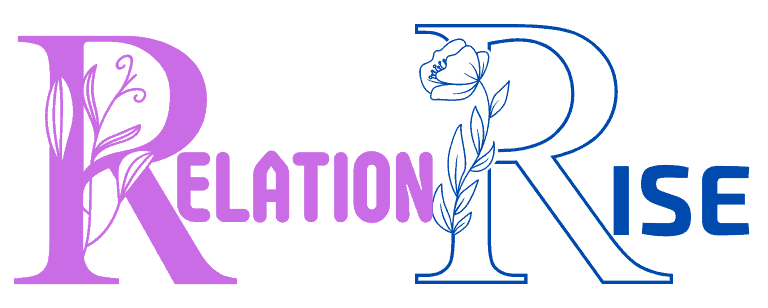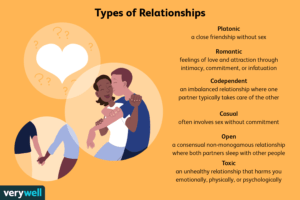What Does Legal Relationship Mean
A legal relationship refers to the connection recognized by law between two or more parties. It establishes the rights and obligations of the involved individuals or entities.
Such relationships can be formed through contracts, agreements, or legal proceedings and can include partnerships, marriages, business associations, or employer-employee relationships. Understanding the nature of legal relationships is crucial for ensuring compliance with applicable laws and regulations, as well as for resolving disputes and conflicts in a lawful manner.
Legal relationships are governed by specific rules and principles that vary depending on the jurisdiction and the nature of the relationship. This guide provides an overview of the concept of legal relationships and their significance in various contexts, shedding light on the legal rights and responsibilities associated with such connections.

What Does Legal Relationship Mean
A legal relationship refers to the relationship between individuals or entities that is recognized and governed by the law. This encompasses the rights and obligations that exist between parties and is essential in maintaining order and justice within a society.
Definition Of Legal Relationship
The legal relationship can be defined as the connection between two or more parties that is recognized and enforced by the law, typically involving rights, duties, and obligations.
Importance In Law
Legal relationships play a crucial role in the legal system, as they form the basis for the enforcement of contracts and the protection of individual rights and responsibilities.
Types Of Legal Relationships
There are various types of legal relationships, including contractual relationships, fiduciary relationships, and family relationships.
Contractual Relationships
Contractual relationships are formed through agreements between parties, and they involve specific terms and conditions that each party is obligated to fulfill.
Fiduciary Relationships
Fiduciary relationships are based on trust and confidence, where one party is legally obligated to act in the best interest of another party.
Family Relationships
Family relationships are legally recognized connections between family members, such as parent-child relationships, marital relationships, and sibling relationships.
Elements Of Legal Relationships
Key elements of legal relationships include consent, capacity, and consideration.
Consent
Consent refers to the voluntary agreement of all parties involved in the legal relationship to enter into the relationship.
Capacity
Capacity pertains to the legal ability of an individual to enter into a relationship, such as the mental capacity to understand the terms and obligations involved.
Consideration
Consideration is the exchange of something of value between the parties involved in the legal relationship, typically a payment or a promise.
Rights And Obligations In Legal Relationships
Legal relationships entail specific rights and obligations for the involved parties.
Legal Rights
The parties in a legal relationship have certain rights protected by the law, such as the right to enforce a contract or the right to fair treatment.
Legal Obligations
Legal relationships also come with obligations, including the duty to perform certain actions or refrain from specific behaviors as outlined in the legal relationship.
Frequently Asked Questions Of What Does Legal Relationship Mean
What Is A Legal Relationship?
A legal relationship refers to the connection between individuals or entities recognized by law.
Why Is A Legal Relationship Important?
It is crucial as it dictates rights, obligations, and responsibilities between parties.
How Do Legal Relationships Affect Individuals?
They impact various aspects including finances, property, and personal well-being.
What Are The Different Types Of Legal Relationships?
Legal relationships encompass marriage, partnerships, employer-employee, and contractual agreements.
How Can One Establish A Legal Relationship?
It can be formed through formal agreements, contracts, or legal frameworks recognized by the law.
Conclusion
Understanding the legal relationship is crucial for personal and business interactions. It establishes rights and responsibilities, ensuring fair and just dealings. With legal guidance, you can navigate the complexities of contracts, partnerships, and other important agreements. Build strong relationships while protecting your interests by engaging in well-defined legal relationships.





